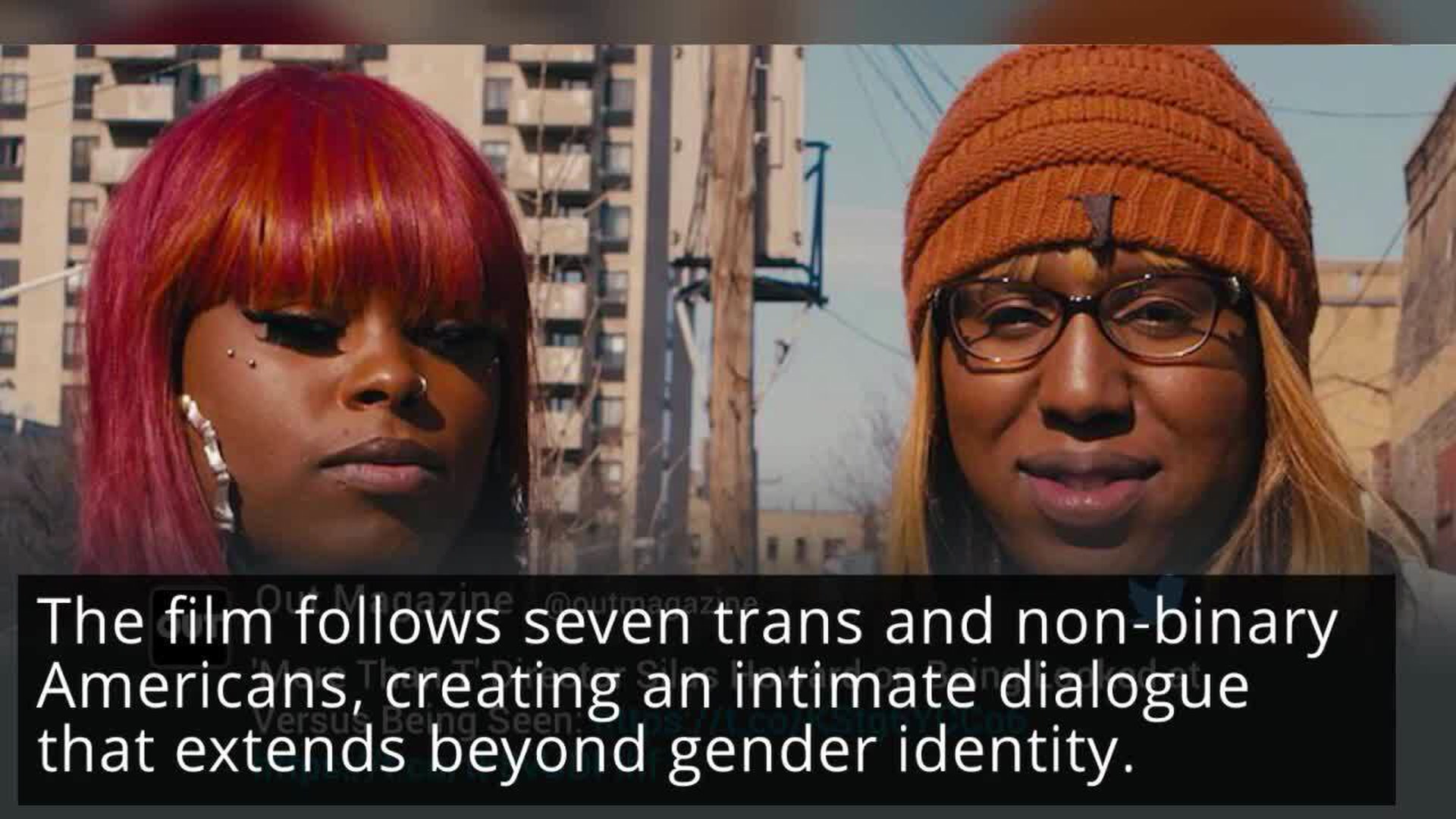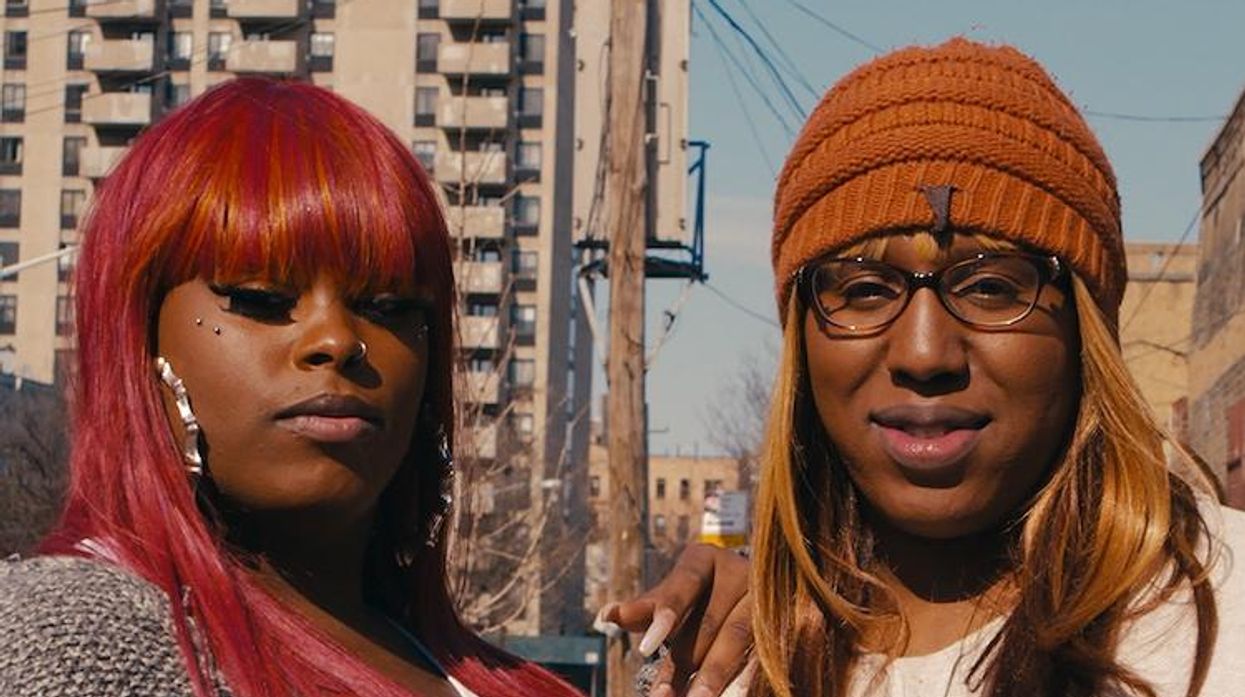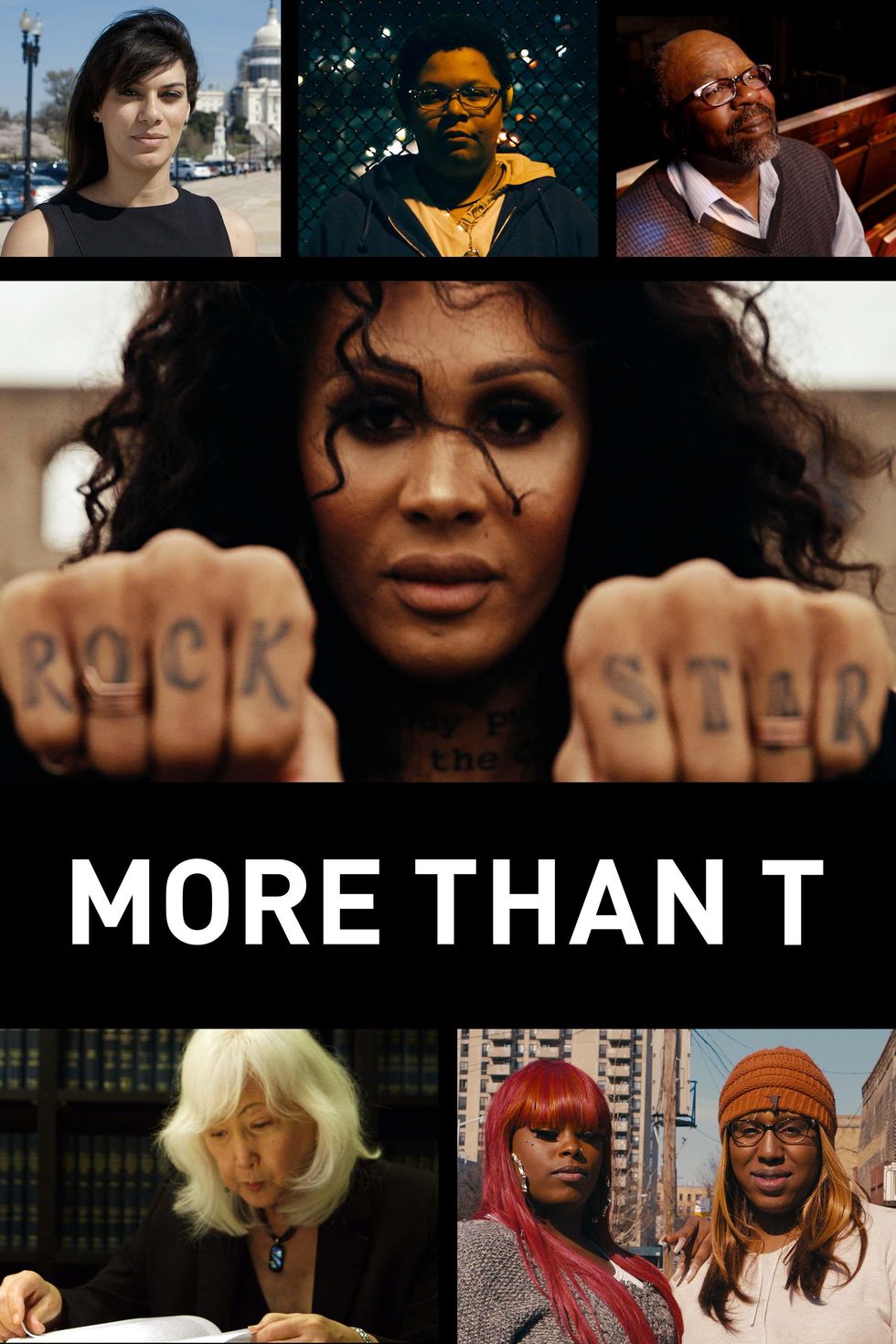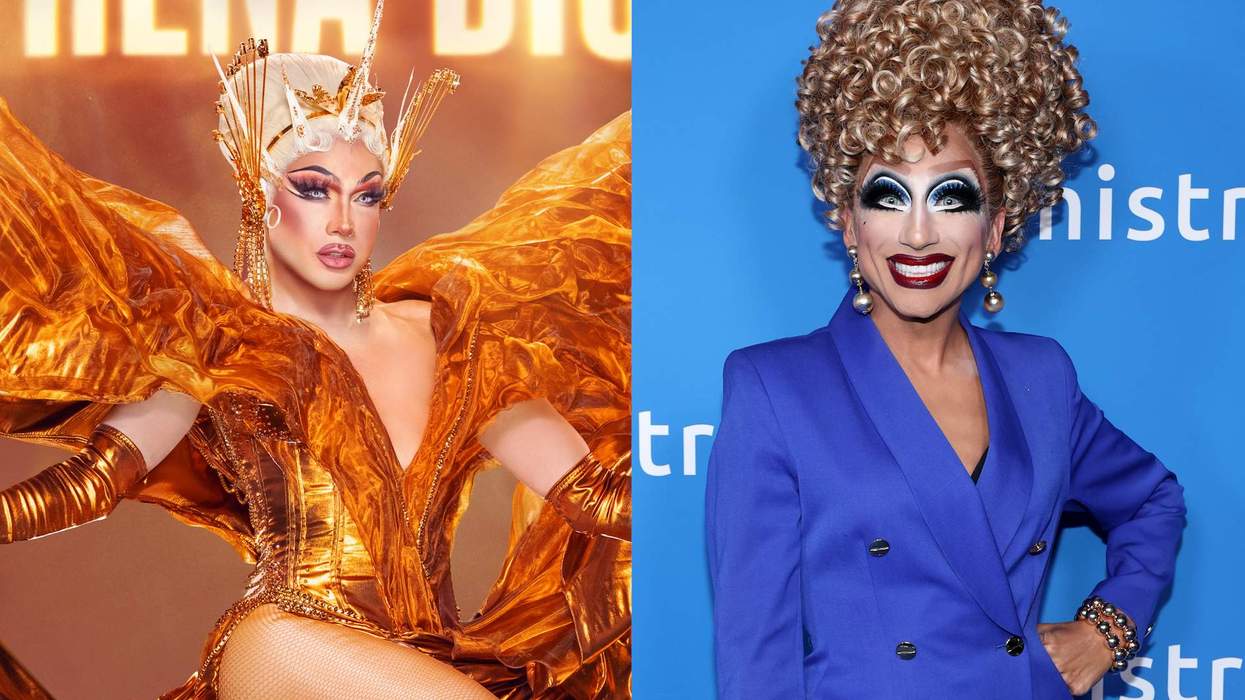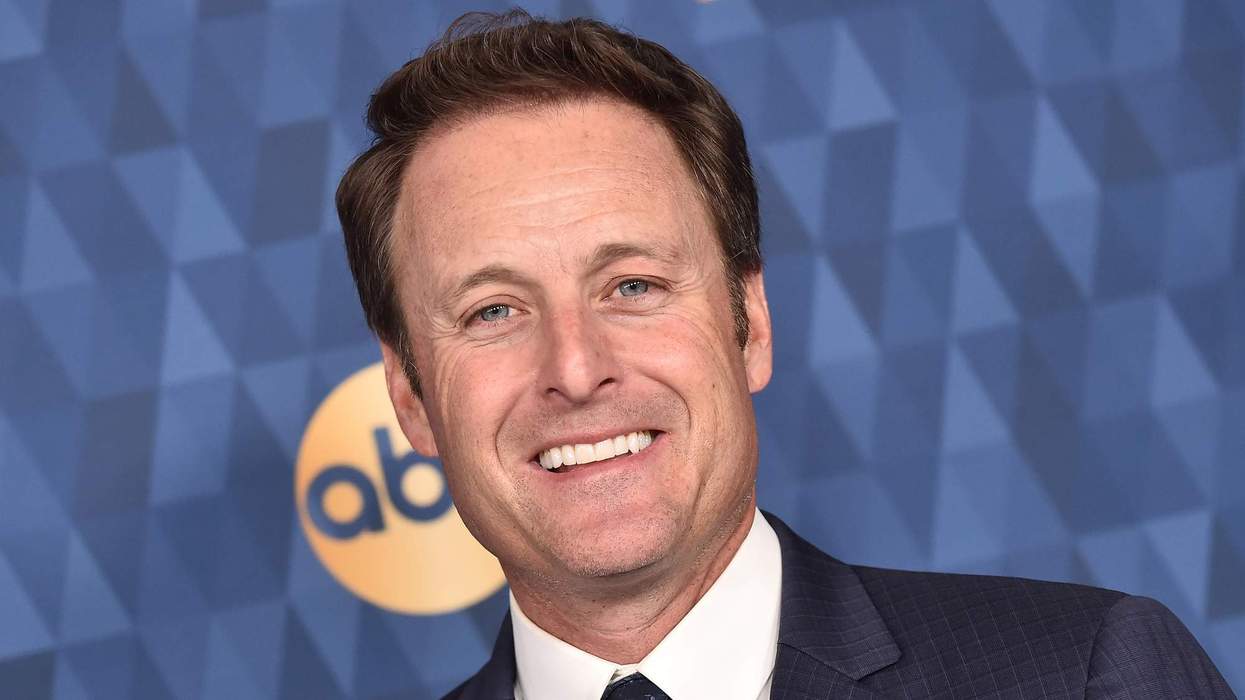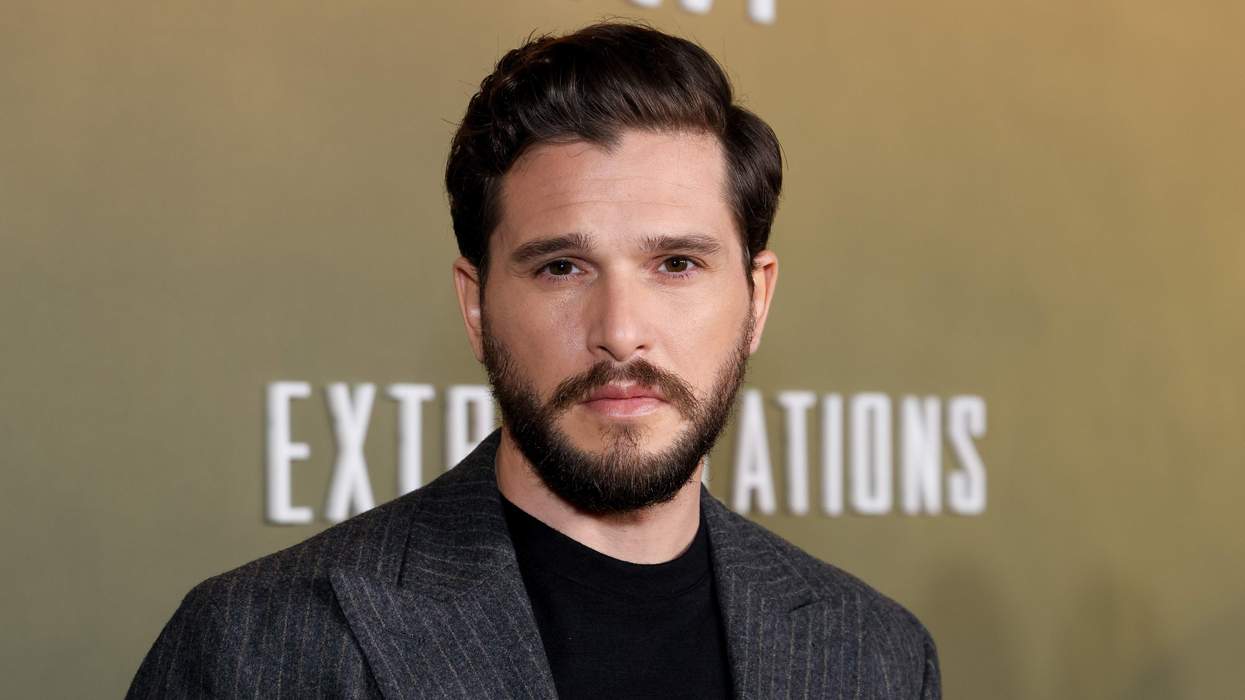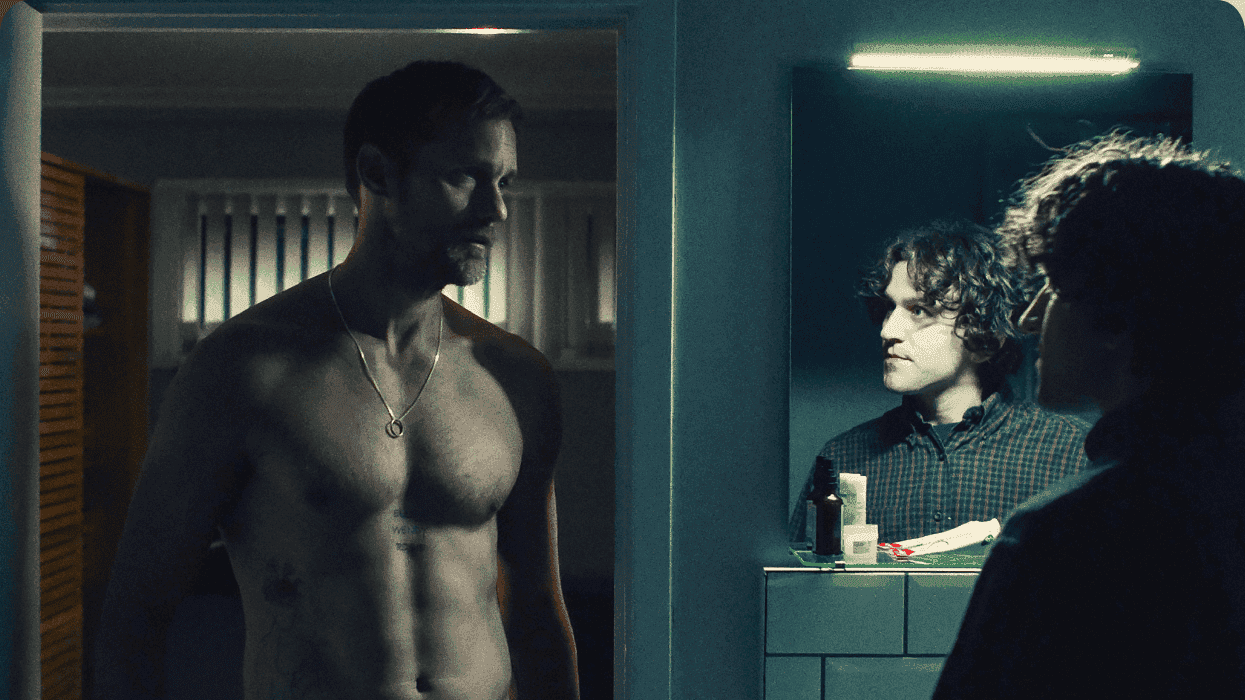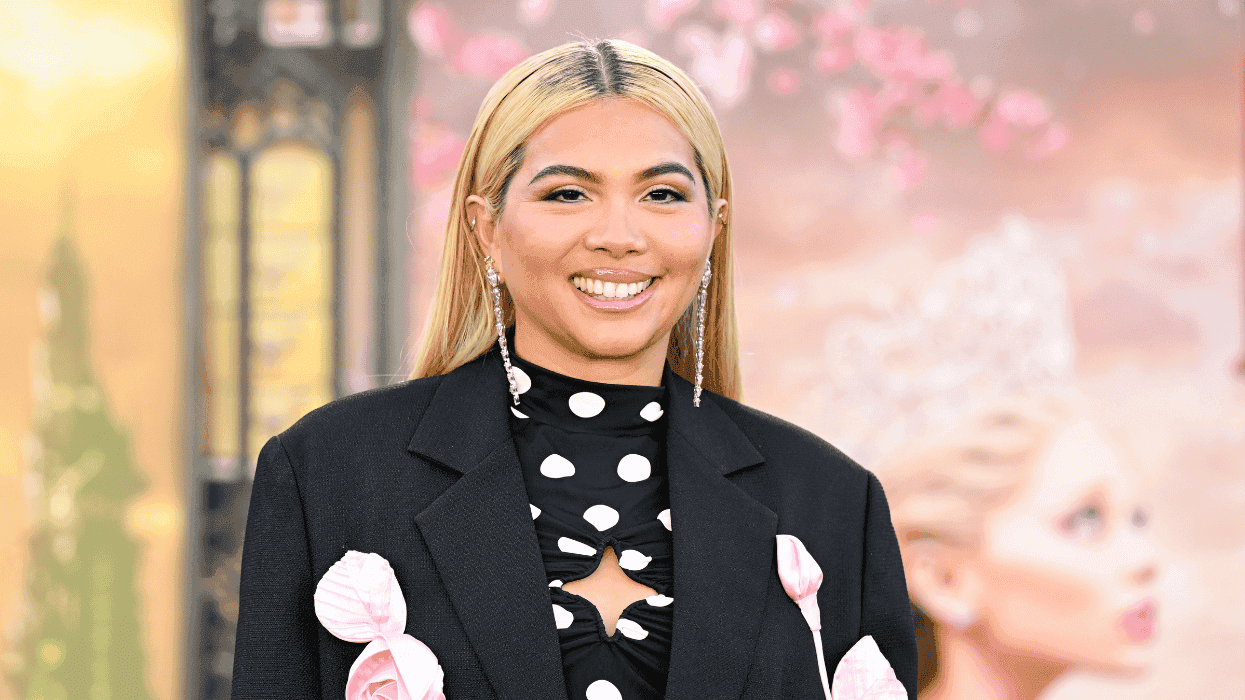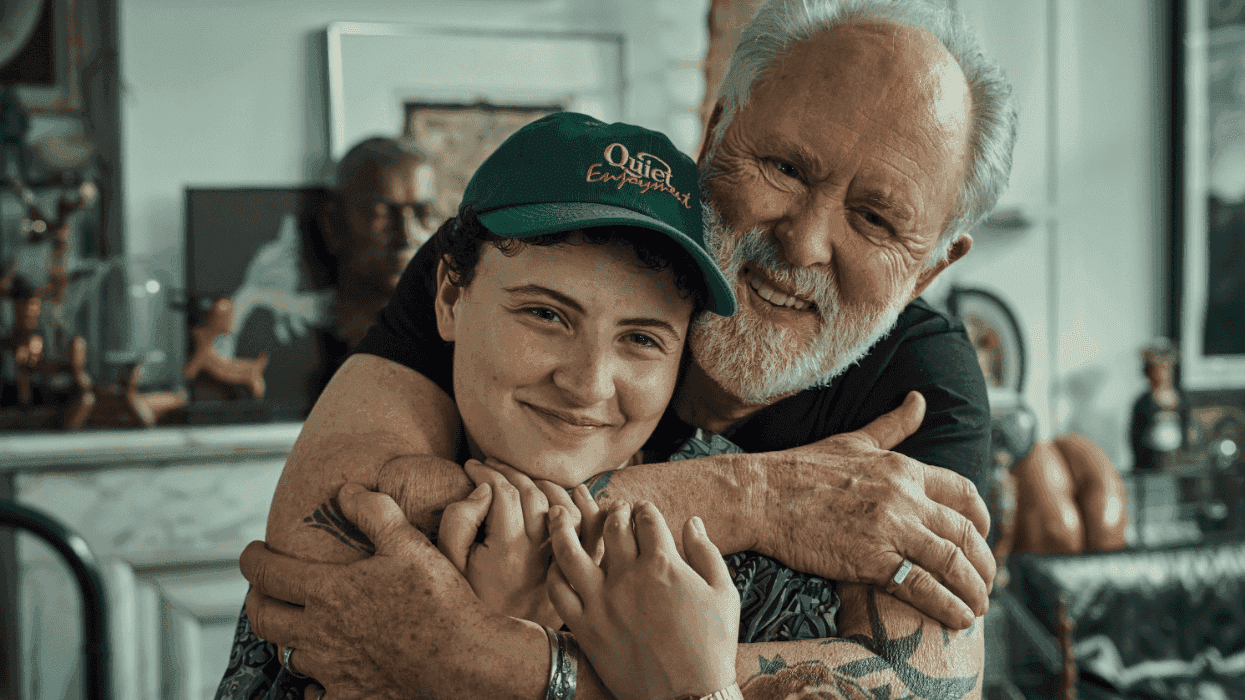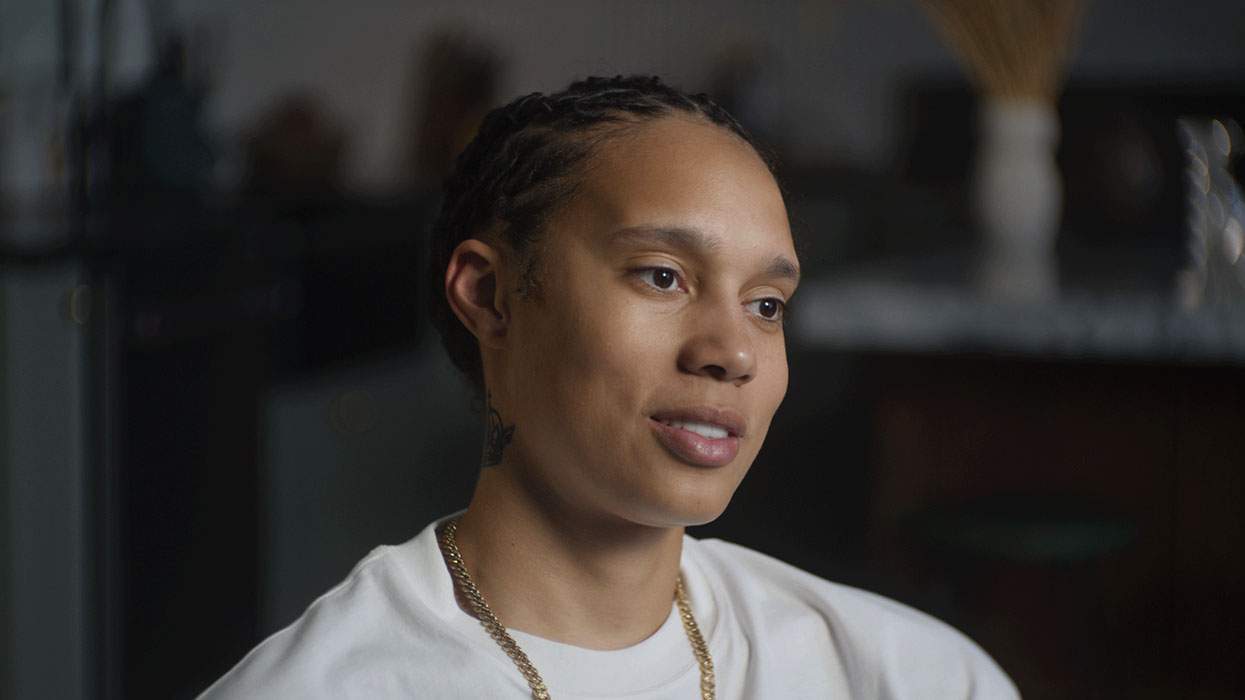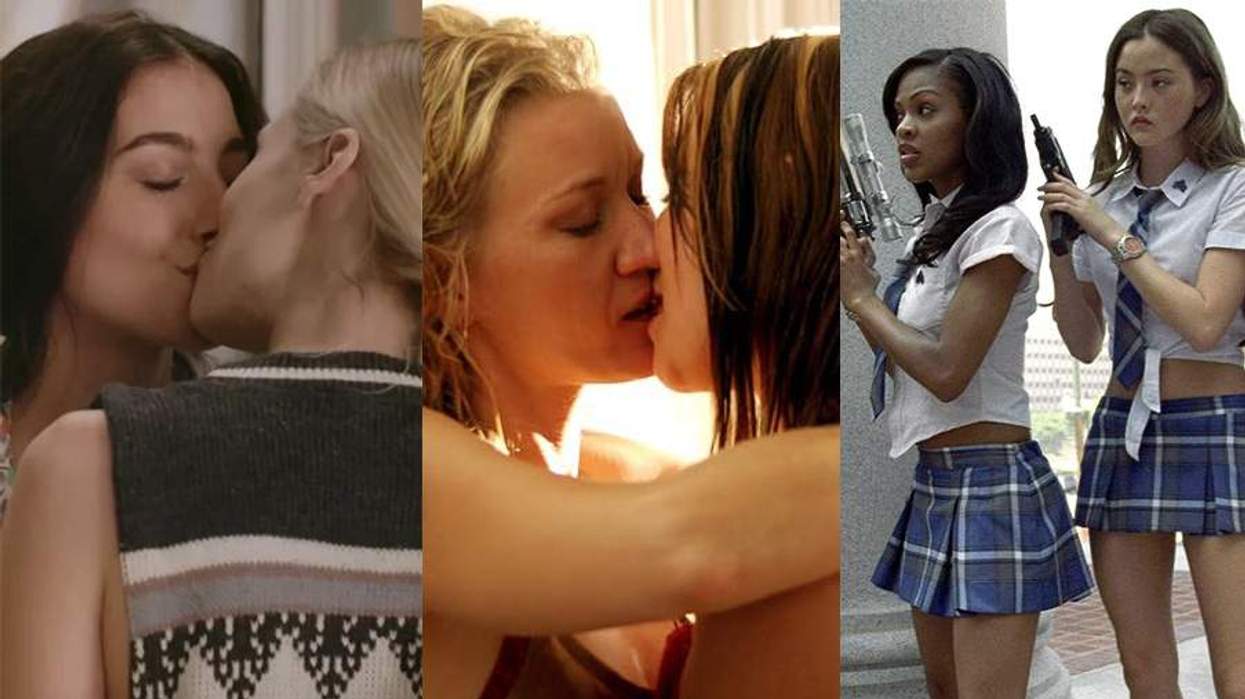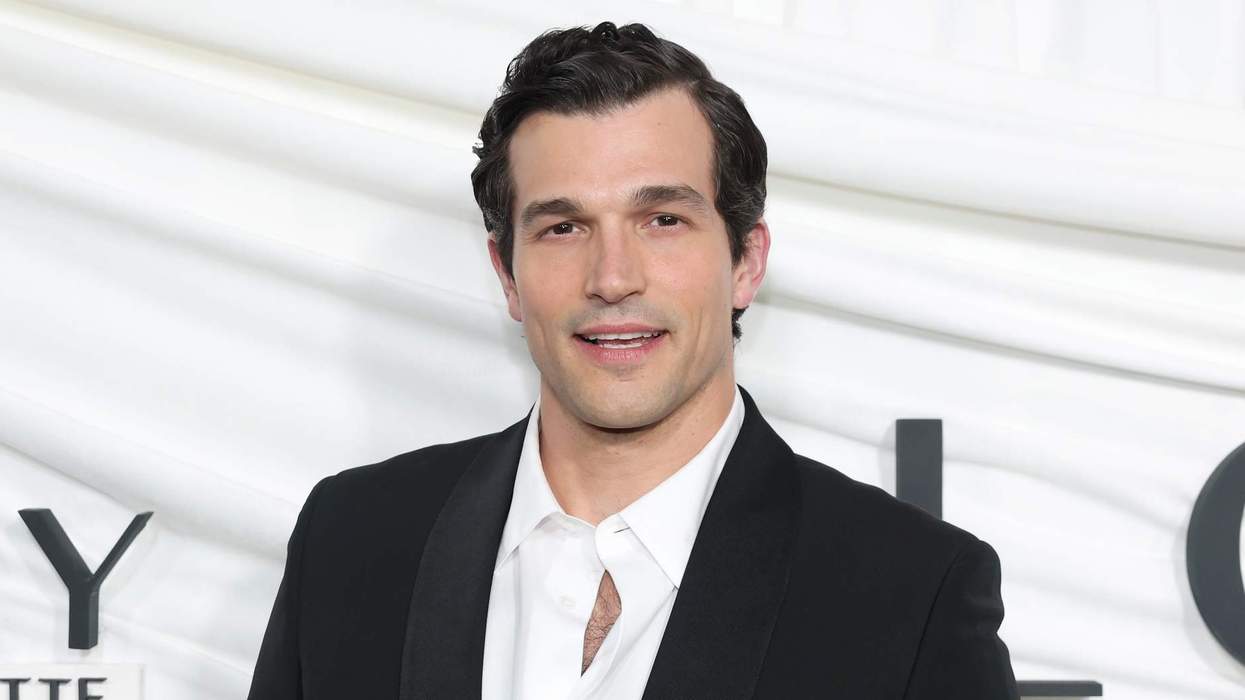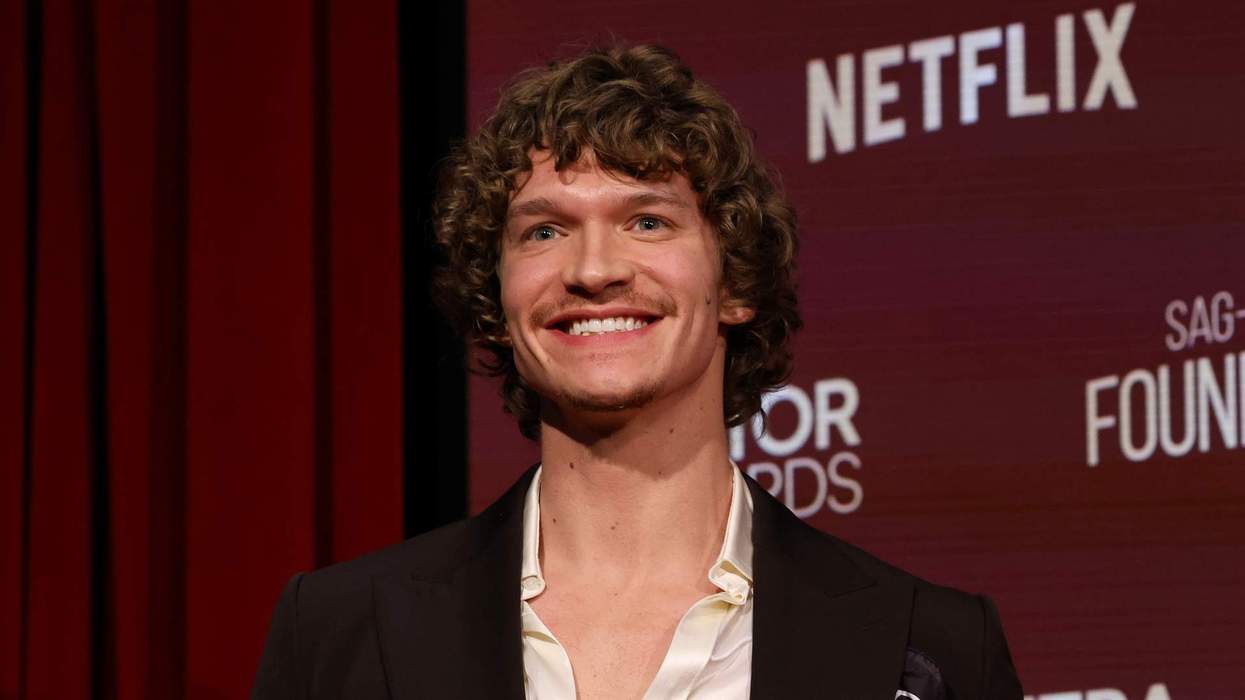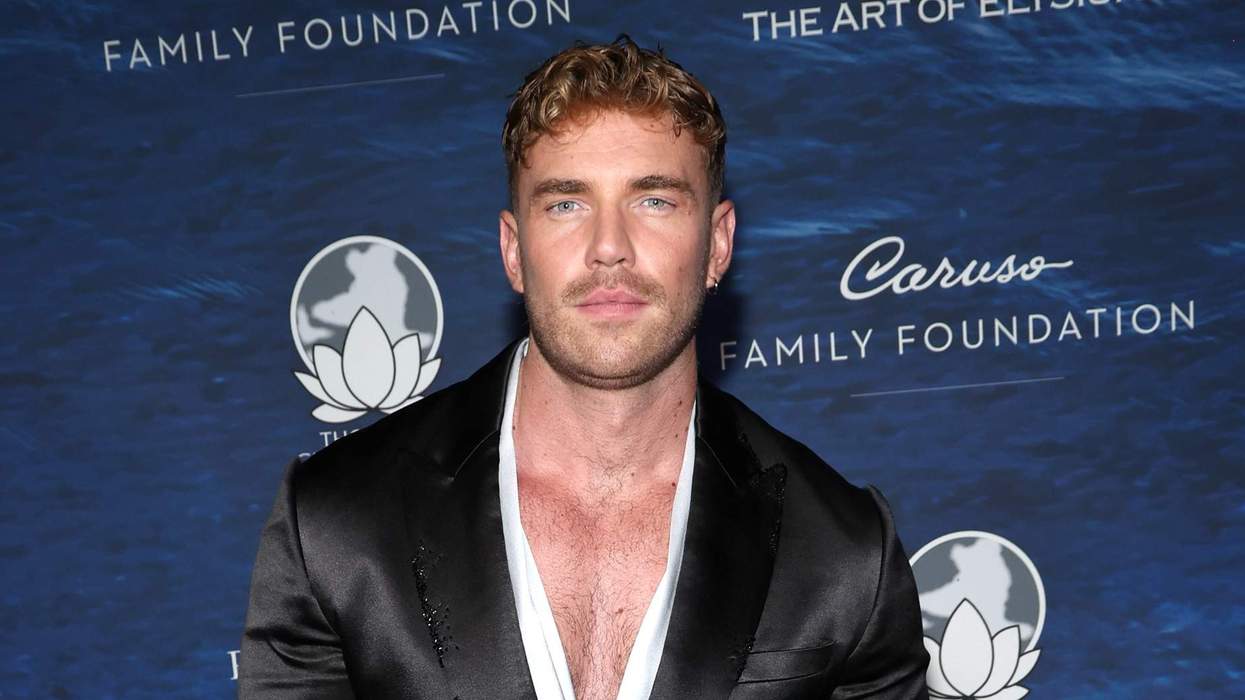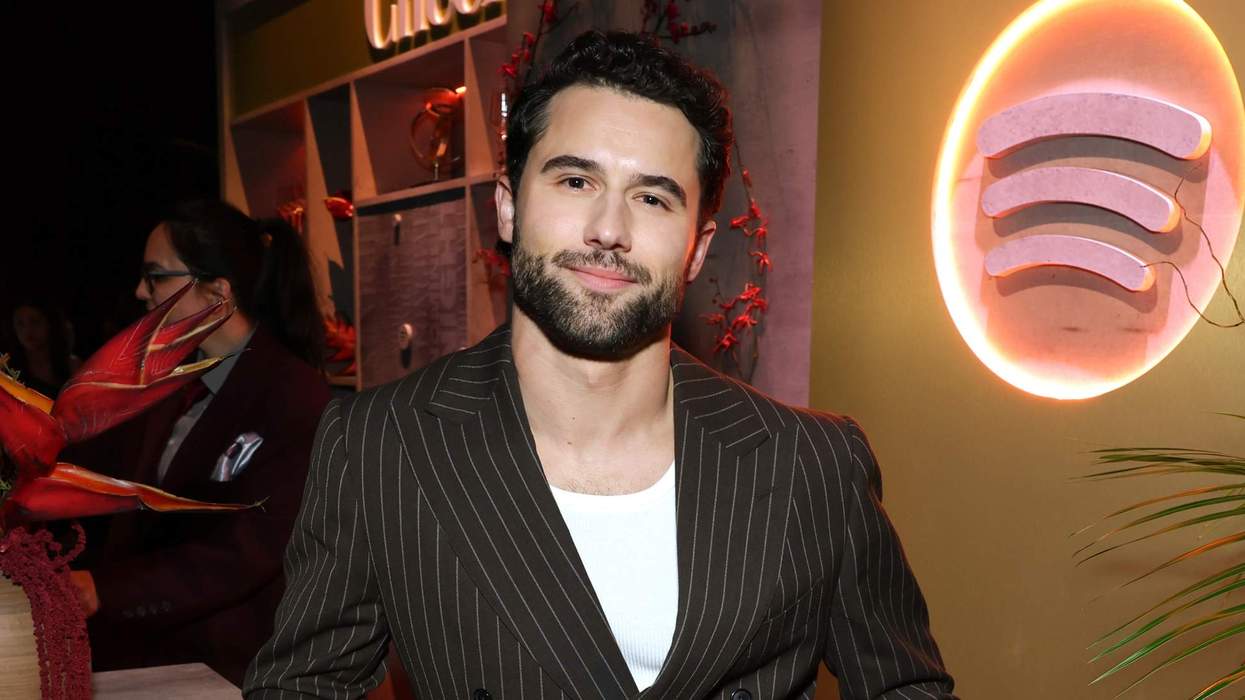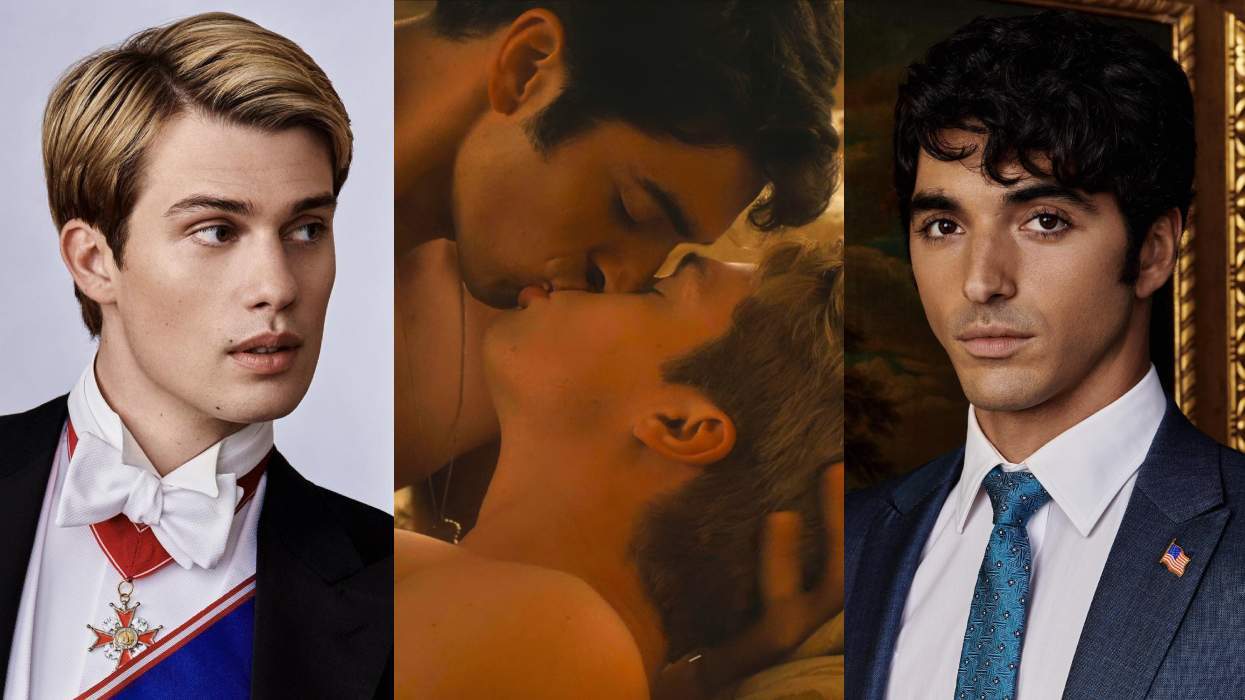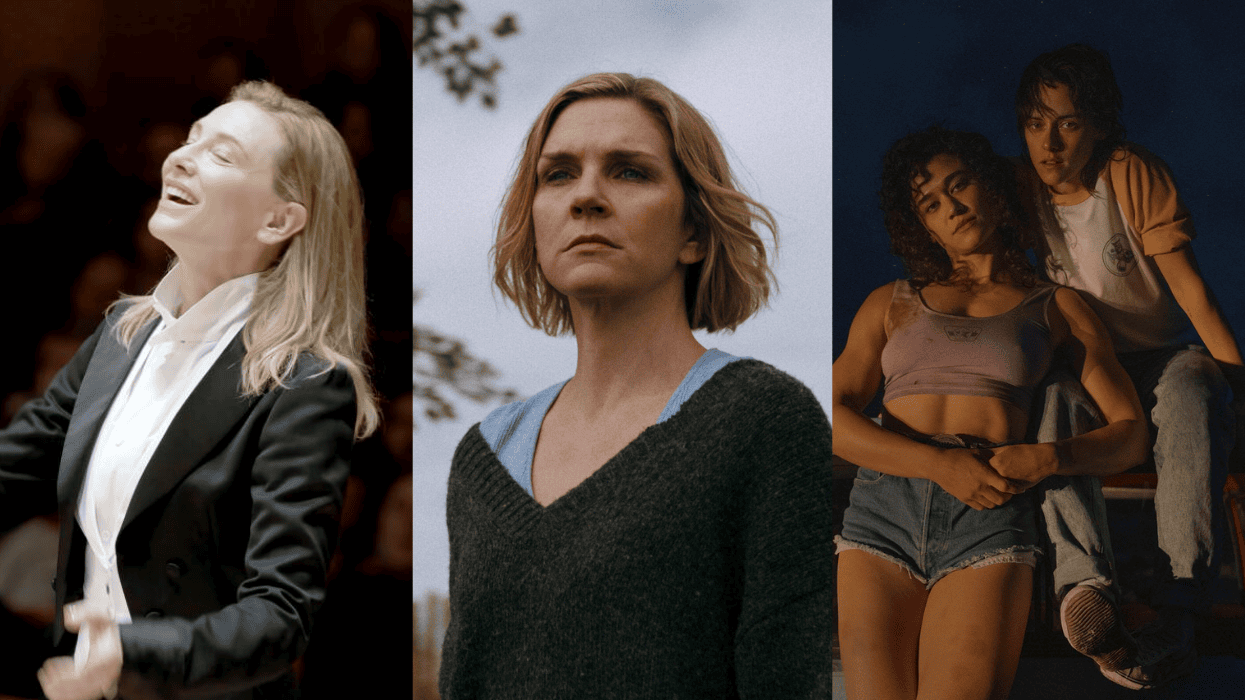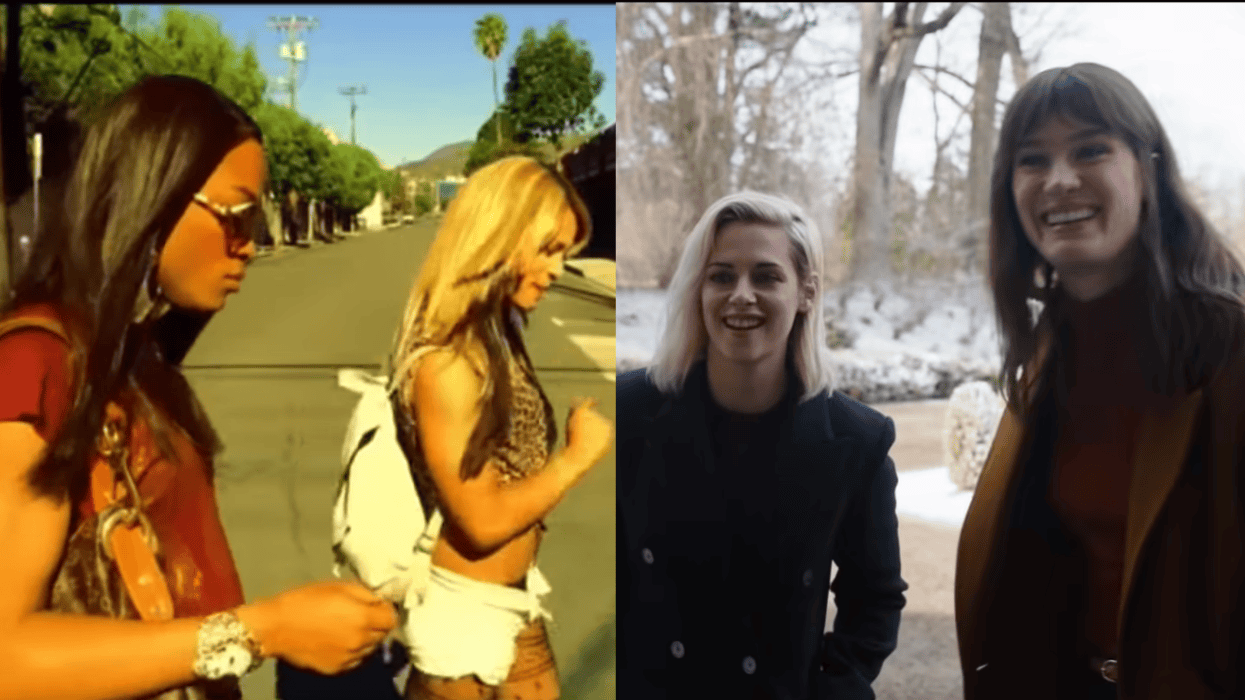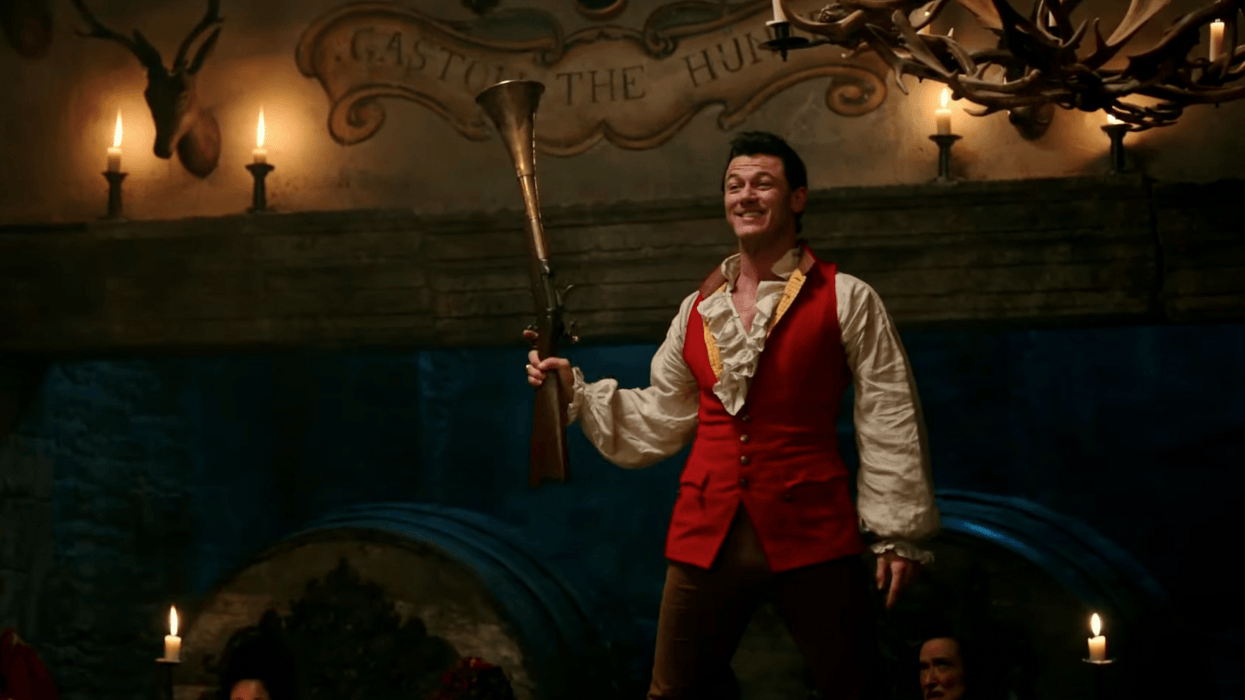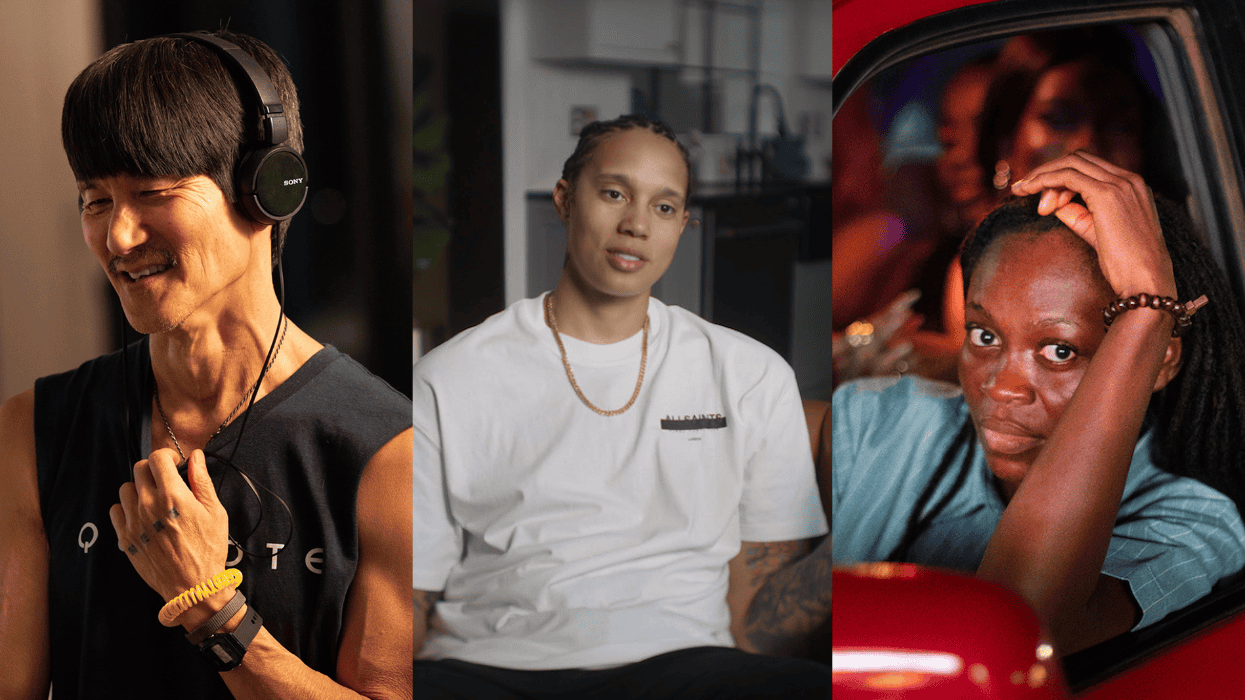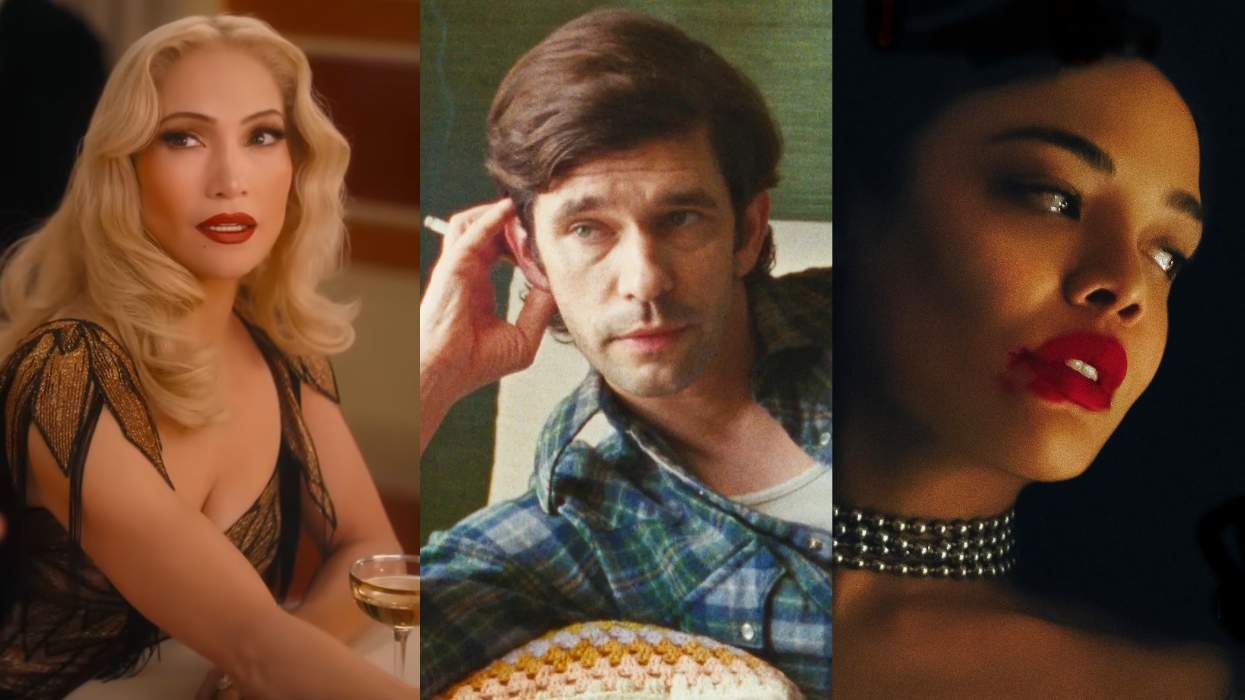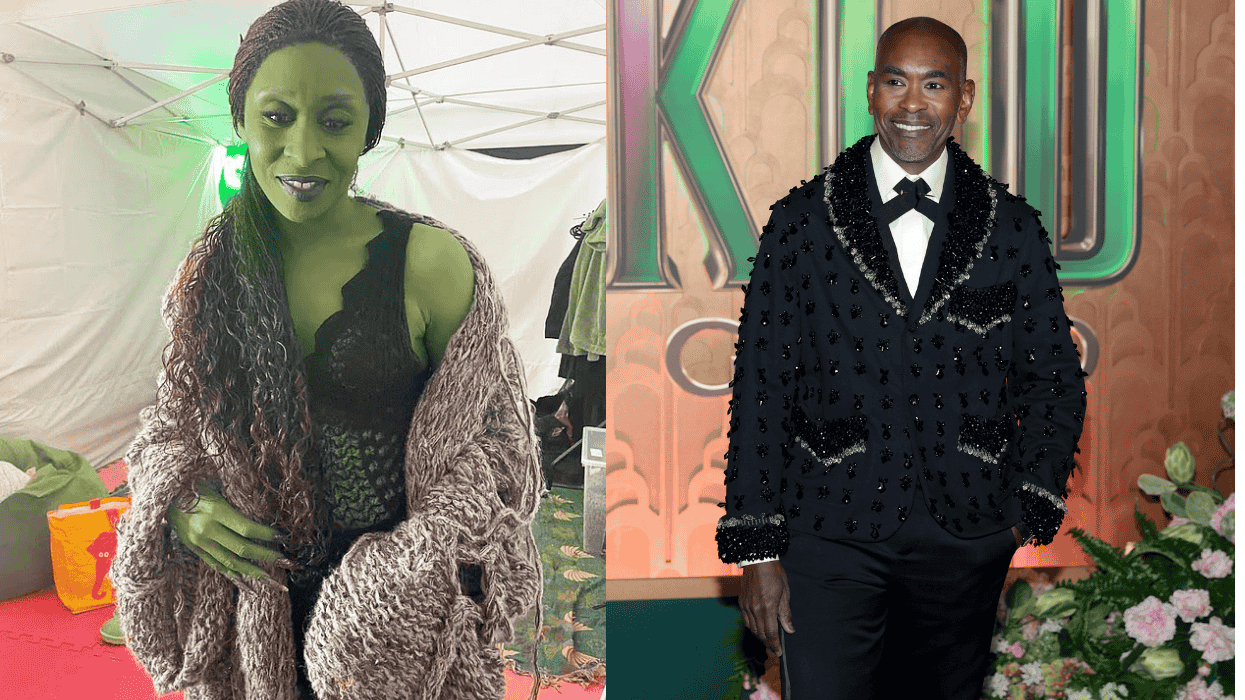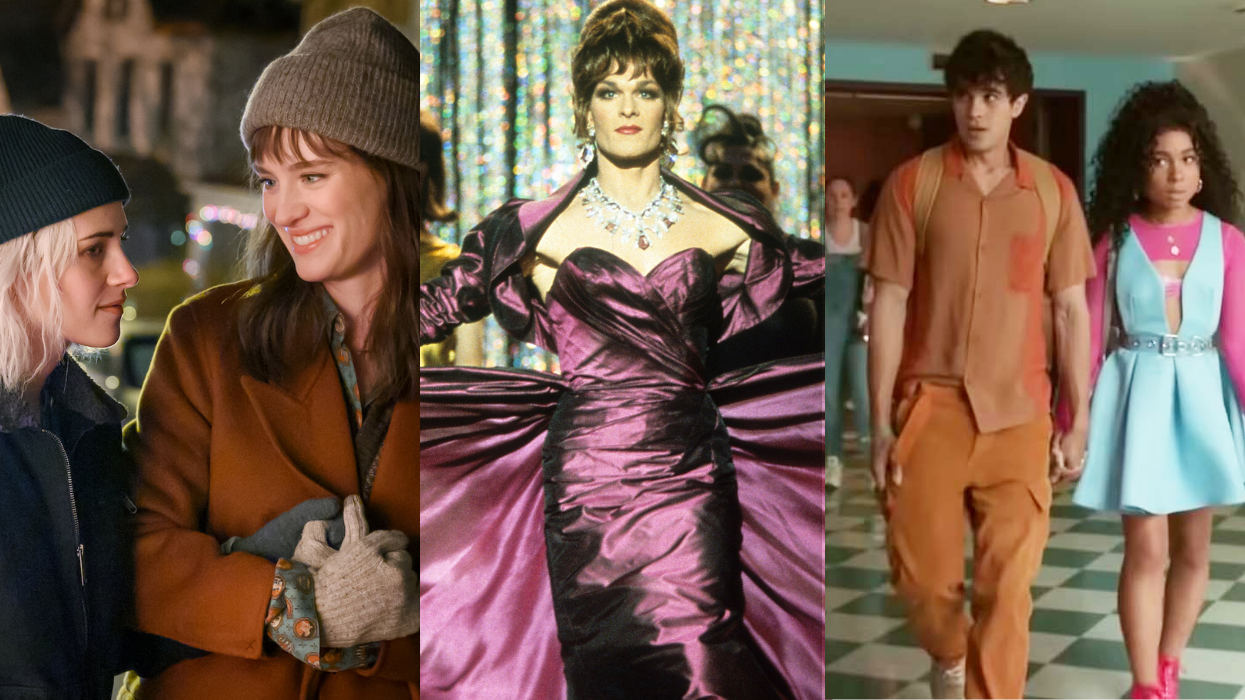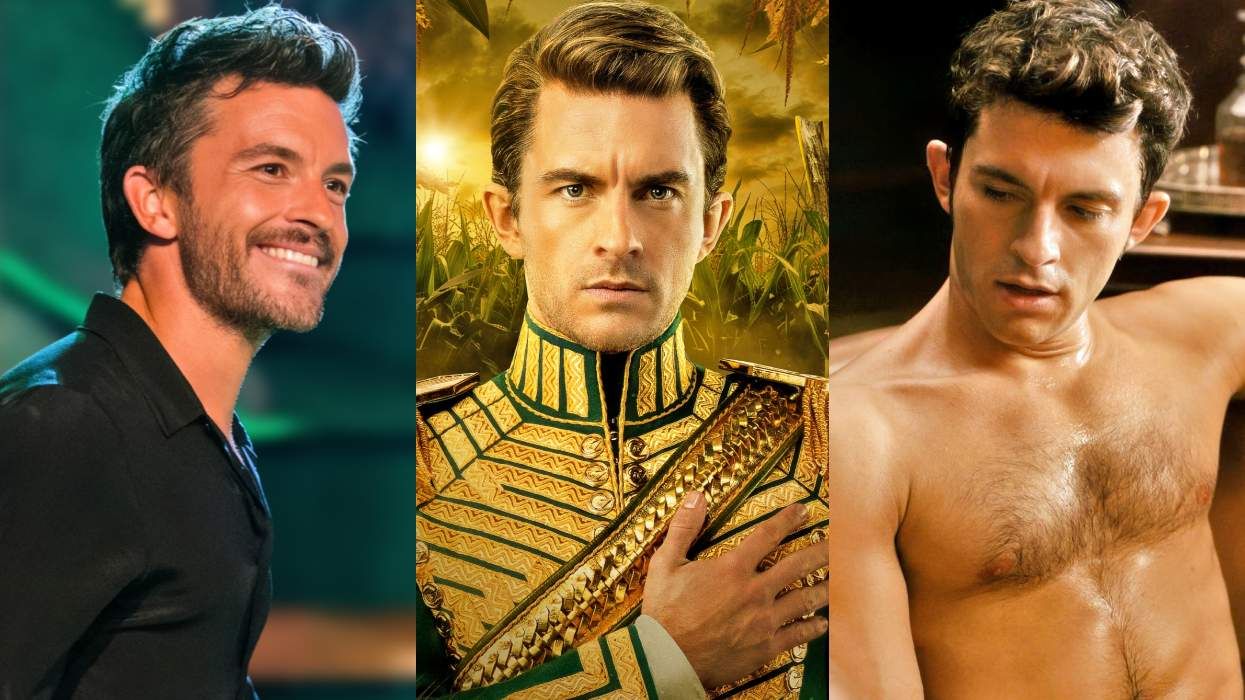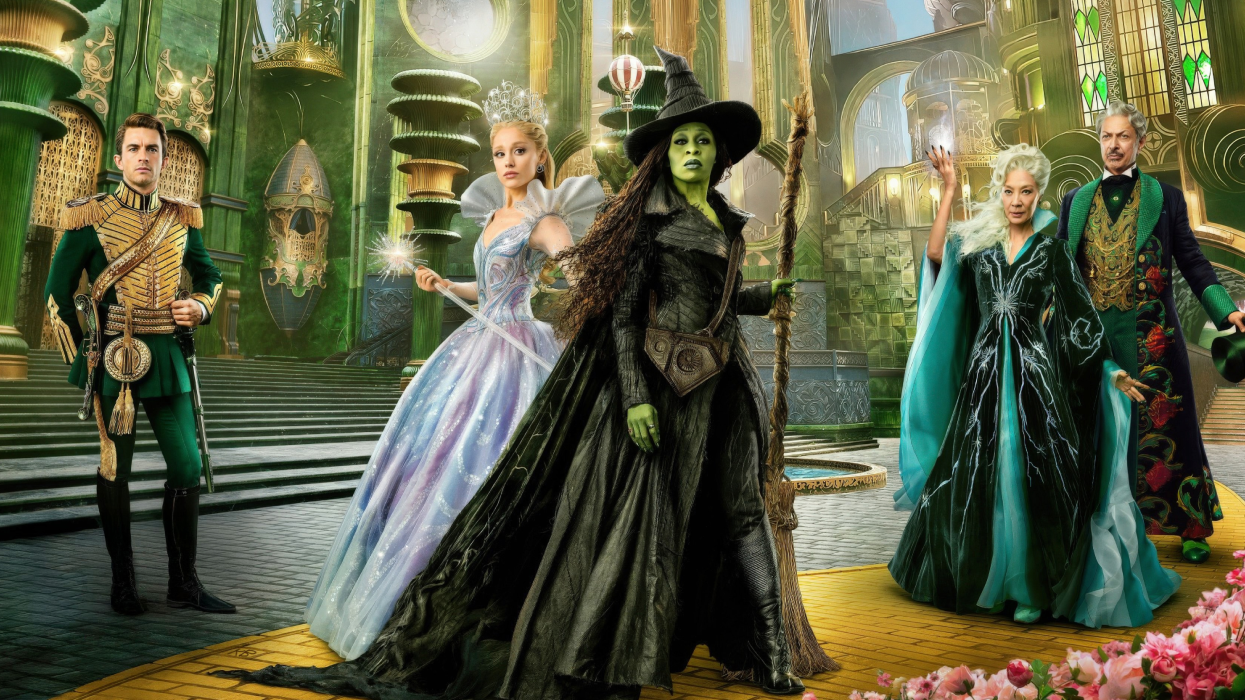Best known for directing Amazon's Transparent series, Silas Howard has teamed up with MAC Cosmetics to direct a new SHOWTIME documentary, called More Than T. A trans man himself, Howard traveled across the country to meet with seven trans and non-binary Americans, creating an intimate dialogue that extends beyond gender identity and into their everyday lives.
The film was shot in LA, NYC, Washington D.C. and St. Louis, offering a raw glimpse into the diverse experiences of its subjects: Defense attorney, Mia Yamamato; MAC artist, Gizelle Messina; minister, husband and father, Louis Mitchell; former homeless youth, Charlie; Ti'Aira, a woman recently diagnosed with HIV and her mentor, Octavia; and policy analyst, Joanna Cifredo.
Related | New Doc More Than T Highlights the Lives of Transgender Americans
More Than T was guided by Jen Richards, who served as a creative consultant alongside Howard throughout the project's production. Commissioned by the MAC AIDS Fund, the forthcoming doc dives deep into the nuances of trans identity and brings these narratives to a mainstream audience. "When my story can be the norm for trans people, that's when we can really celebrate," says a subject in the official trailer.
Ahead of More Than T's official SHOWTIME premiere on June 23, OUT caught up with Howard to discuss the importance of creating such an empowering film, right now.
OUT: Why do you think it's best to have trans people involved in a production team creating a project about trans subjects?
Silas Howard: Perhaps there's an intimacy that leads to more detailed storytelling that I think is humanizing. If I'm talking to someone that's not directly part of my community I might act in a different way. But I think any director or writer can write about a world outside of their own, and I don't really have a dogmatic point of view that goes one way or the other. What I find when something's built from the ground up where the filmmaker's point of view is dictating what you see in the frame is that there's a chance to have humor as part of it. I feel like within the LGBTQ community or early trans narratives, a lot focuses on trauma. The truth is that humor is actually such a huge part of survival, especially if you're not fitting in. So when trans people are involved, it lets humor in a little bit more, as well as a trust [to discuss] the harder truths they're struggling with. But I feel like humor is inherent--sort of embracing [that we're] fully human.
That's so true. We often take the human experience very seriously.
Exactly. We have a lot of statistics and facts [in More Than T], but everyone gets to be their own version. There's not one single way to be trans, just like there's not one single way to be a feminist or be a queer person. We're trying to get in these multiple storylines that are hopefully branching out into a lot of other topics.
When you were choosing subjects, what did you consider in order to make a balanced documentary?
Jen Richards and I cast together, and it was really a collaborative effort. I remember she said, "If I had a list of things on my business card, it might be, 'Actress, writer, musician, spiritual person, trans identity,' in that [transness is] a part of her identity, but it's really the legend through which she experiences life. So when we cast, we thought about that. We thought about the incredible defense attorney--her point of view about defending people on death row and the challenge of that. I'm thinking about Charlie, who got involved in Theatre of the Oppressed and was so touched by helping support the story of a homeless veteran. Or even Louis Mitchell, a minister, [who's] chain-smoking, cussing, and so honest about what's important in terms of loving and supporting the person in front of you. We wanted to take a group of people who are badass, mind-blowing, incredible activists and artists that you're like, "Oh yeah, and they're trans." That's amazing, too, but all these other things rise above it.
What was it like working with MAC Cosmetics?
It was great, them knowing it was important to have a trans director to go into the community. I really appreciate that they reached out to me and supported the project. We wanted everyone involved to get paid with our small budget--everybody interviewed and involved. And with the trans community, MAC is such a big part of their story. Maybe it's one of their first jobs post-transitioning, or for so many women, that's the first counter they went to. There's a lot of love for MAC within the community.
How do you feel this film goes beyond providing visibility, and fostering real support for trans and non-binary Americans?
Getting a paycheck never solved everything. It takes a lot of consistent support to get equity, and it's more about equity than equality in terms of being supported. But I think the idea of building something where there's a trans director and a trans cast--bringing the money into the community and taking people's stories. I mean, stories are what we have to offer, not just for ourselves, but for someone else to feel connected to, or inspired and touched by. I think that it makes a difference, again, building [this doc] from the ground up has made this a stronger story for everybody. It's actually a way to connect and break through. That's the goal, right? I'm obsessed with this idea: the difference between being looked at and being seen.
What new knowledge do you think More Than T brings to the larger trans conversation?
Everyone in this documentary has survived so many difficult challenges, whether it's through family, racism, sexism, transphobia or economic oppression, but all the people in this still talk about their privilege and gratitude. I'm blown away by that and think that's such a beautiful expression in the world. I do feel like I want to see more conversations of trans and non-binary people as activists in the community around them. I don't think there's anything new in this documentary, at least for the trans community, but the main goal was to look at the policies and do it through a human lens where these are just people that have hopes and dreams, as well.
How did directing this doc affect you?
With any film, you go into a project with ideas and hope to find something you didn't think about at all. It just brought me into a place of gratitude, for the privilege I have and the ability I have to tell stories. I went into it, planning for two days with each person and had a little bit of an idea about what I wanted to talk about. I really wanted for this to feel like curated portraits, but with less of an agenda and really just hanging out. It was a beautiful experience. My crew and I were like a little band, driving around, doing these visits and documenting intimate stories. At one point, we were filming and my cinematographer had tears falling down their face. We were all really connected.
Why is it important to release a film like this, right now?
Visibility does not equal safety, and a lot of times there's even backlash. It's very challenging to be at the intersection of so many things and be so vulnerable--dealing with intense sexism, classism and racism. There's so many times where we're just hanging out, and then we go into the world and hear the commentary. You're reduced to a joke or worse, a target. That is a reality that's at the intersection of so many things that are toxic in society. And these people are still reaching out to others, even on days that are hard or overwhelming. Right now, post-election, it feels like there's urgency around creating connections.
